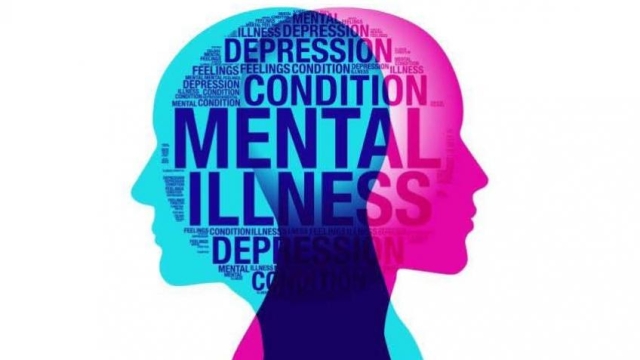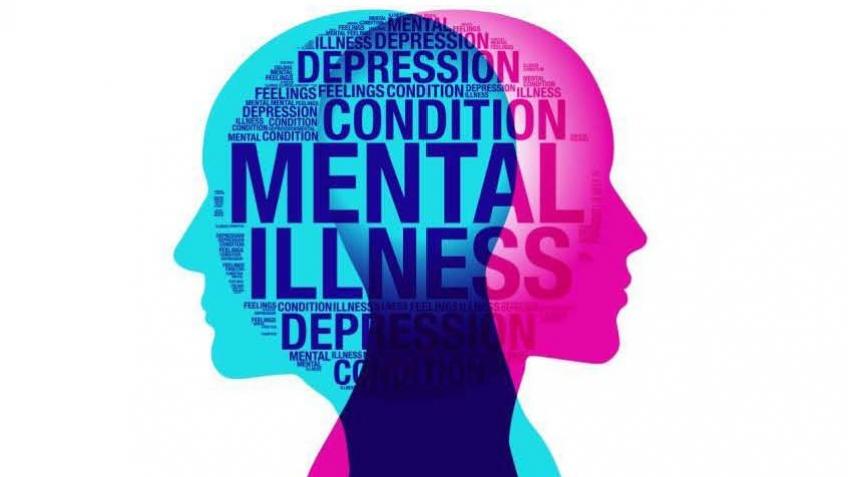
Breaking Through: Overcoming Depression and Addiction with Counseling and Therapy

Depression and addiction can cast a shadow over one’s life, making each day feel like a heavy burden to bear. The weight of these challenges can seem insurmountable, leaving individuals feeling lost and hopeless. However, there is a beacon of hope that shines through the darkness: counseling and therapy. Through these avenues, individuals can find the support, guidance, and tools they need to navigate through their struggles and emerge on the other side stronger and more resilient.
Counseling and therapy offer a safe space for individuals to explore their thoughts, feelings, and behaviors in a non-judgmental environment. Whether grappling with the depths of depression or battling the grip of addiction, these therapeutic interventions provide a tailored approach to address each individual’s unique needs and circumstances. By working collaboratively with trained professionals, individuals can develop coping strategies, gain insight into their patterns of thinking and behavior, and cultivate a sense of empowerment to take control of their lives.
Depression
Understanding Depression and Addiction
Depression and addiction are complex conditions that can have devastating effects on individuals and their loved ones. Depression is characterized by persistent feelings of sadness, hopelessness, and loss of interest in activities that were once enjoyable. On the other hand, addiction involves a compulsion to engage in certain behaviors or consume substances despite negative consequences. These conditions often coexist, creating a vicious cycle that can be incredibly challenging to break.
Counseling and therapy play crucial roles in addressing both depression and addiction. Through counseling, individuals can explore the underlying causes of their struggles and develop coping strategies to manage their symptoms. Therapy provides a safe space for individuals to express their thoughts and feelings, gain insights into their behaviors, and learn healthy ways to navigate life’s challenges. By working with trained professionals, individuals can gradually unravel the complexities of their conditions and embark on a journey towards healing and recovery.
It is important to recognize that overcoming depression and addiction is a gradual process that requires patience, dedication, and support. Counseling and therapy offer guidance and tools to help individuals build resilience, develop self-awareness, and cultivate positive habits. With the right interventions and a commitment to personal growth, individuals can break free from the grip of depression and addiction, reclaim their sense of self-worth, and rediscover joy and fulfillment in their lives.
Exploring Counseling Methods
In the realm of counseling, various approaches are utilized to address the unique needs of individuals struggling with depression and addiction. Cognitive behavioral therapy (CBT) is a widely recognized method that focuses on changing negative thought patterns and behaviors that contribute to these issues. Through CBT, individuals learn to identify and challenge their destructive beliefs, leading to healthier coping mechanisms and improved mental well-being.
Another effective counseling method is dialectical behavior therapy (DBT), which emphasizes skills training to help individuals regulate emotions, tolerate distress, and improve interpersonal relationships. DBT combines elements of cognitive-behavioral techniques with mindfulness practices, providing a comprehensive approach to addressing the complex challenges of depression and addiction. By learning effective coping strategies and enhancing emotional awareness, individuals can navigate difficult situations more skillfully.
Furthermore, motivational interviewing is a counseling method that is particularly beneficial for individuals struggling with ambivalence towards change. This approach focuses on exploring and resolving uncertainties, guiding individuals towards intrinsic motivation to make positive life changes. By fostering a collaborative and empathetic therapeutic relationship, motivational interviewing helps individuals build confidence and commitment to overcome challenges related to depression and addiction.
Benefits of Therapy for Recovery
Therapy can provide a safe and supportive environment where individuals struggling with depression and addiction can explore their thoughts and emotions without judgment.
Through counseling and therapy, individuals can gain valuable coping skills and strategies to manage their symptoms effectively and prevent relapse in the future.
Additionally, therapy offers personalized treatment plans tailored to each individual’s unique needs, promoting long-lasting recovery and overall well-being.



